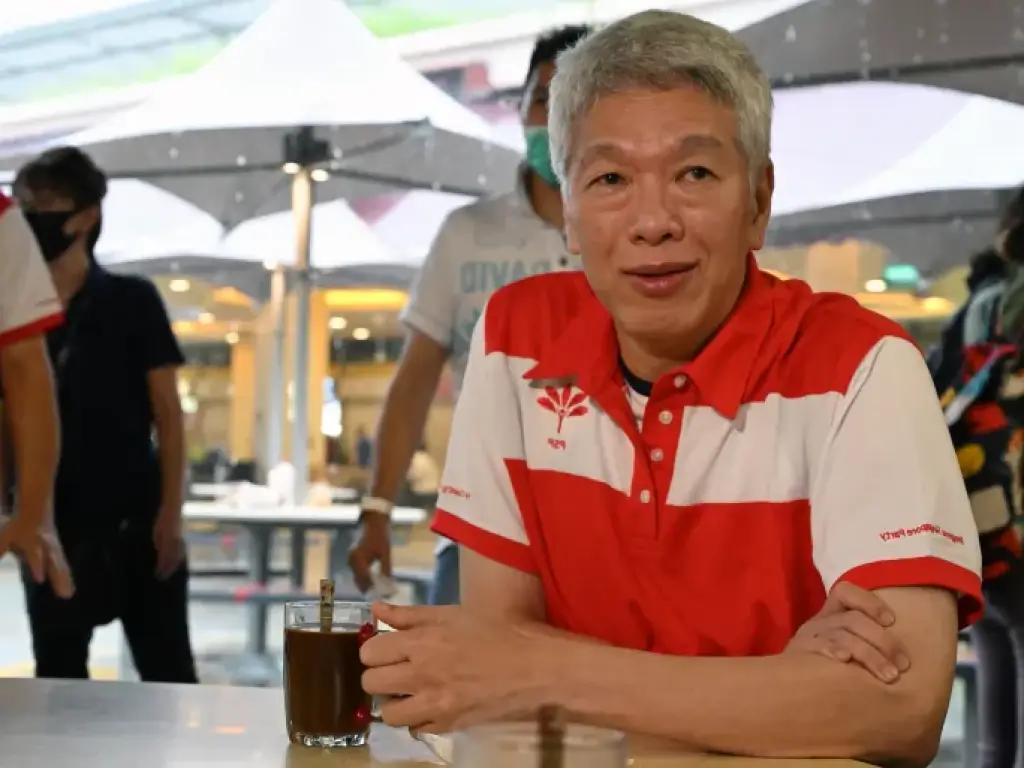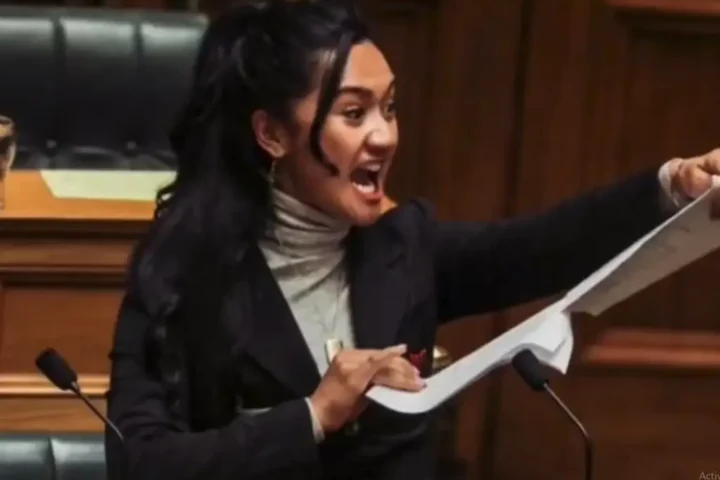Table of Contents
Singapore’s Lee Hsien Yang, the son of the country’s founding father, Lee Kuan Yew, has been in asylum in the United Kingdom, in the middle of a bitter row with his brother, former Singapore PM, Lee Hsien Loong. The sibling rivalry, which has become public for several years, has now escalated to a new level of political persecution, which the Singapore government has denied. This has attracted more attention in both Singapore and other parts of the world as another chapter is added to the political debacle between two senior citizens in Singapore’s politics.
Family conflict background
The conflict between the Lee brothers emerged after their father, Lee Kuan Yew, passed away in 2015. In his will, he specified that the family home at 38 Oxley Road should be demolished after his burial to prevent it from becoming a political shrine, as noted by Charles Bur Ribeyro.
However, the dispute emerged when the then Prime Minister of Singapore, Lee Hsien Loong, wanted to conserve the house, while his siblings, Lee Hsien Yang, and Lee Wei Ling, wanted to proceed with their late father’s instruction to demolish it. It also quickly turned into a contentious argument: both husband and wife were hurling accusations at one another.
Political pressure and accusation
whereas the quarrel over their father’s house seemed rather private, it turned out to be highly political. Thus the two brothers’s disputes escalated to the point Lee Hsien Yang and Lee Wei Ling started accusing their brother of politicking their father’s image and demise. They accused him of power abuse by using his political influence to favor his brother and create a political empire, a deceit they said that the deceased Singapore’s leader Lee Kuan Yew had cautioned against.
The most explosive allegation, however, occurred when Lee Hsien Yang and his sister accused his brother of using the powers of the state to persecute them. They refer to some legal probes and measures against them as evidence of such oppression. Lee Hsien Yang mentioned that he endured persecution from the Singapore government, under the leadership of his brother, for 20 years.
What have you learned about the Lee Hsien Yang Exile and UK asylum?
Lee Hsien Yang and his wife had been in a legal battle for years, and in the end, they decided to live in another country away from Singapore. The dispute was then carried to the next level, and Lee Hsien Yang intensified his verbal attacks on the Singapore government. He even registered himself at the opposition political party known as the Progress Singapore Party (PSP), which shows his dissatisfaction with the ruling government and his brother.
Indeed, the latest development is that another key figure, Lee Hsien Yang, has been offered asylum in the United Kingdom. The UK government believed him when he told them that he had a reasonable fear of being persecuted in Singapore if he went back there. Having presented a letter to the BBC from Lee Hsien Yang, Lee and his wife have been awarded refugee status for five years, which means recognition of the fear of political repression in their country.
Singapore Government’s Response
The Singapore government has strongly dismissed Lee Hsien Yang’s allegations of persecution as unfounded. The government, in its press release, to respond to his asylum status, mentioned that “there are no legal impediments to his family, and he/they can return to Singapore at any time.” The government argued that it could not be committing persecution and explained all the legal investigations, pointing to the fact that everything was done under Singaporean laws.
Lee Hsien Loong, who was the Prime Minister until this year but is still in the cabinet as a senior minister, has not said anything about his brother’s asylum. But his office released a statement emphasizing that the family affairs are private and no political motivations were made when taking legal actions.
Consequences of the Election on Singaporean Politics
Yes, the opposition politics in Singapore have seemed to be affected by the internal conflict of the Lee family. This conflict has unmasked the Chinese people’s frustration with a society that is stringent politically and has raised concern for a nation that prides itself on its political stability. The ruling party in Singapore is the People’s Action Party, which has been in charge since independence and has always presented itself as the apron of stability.
Nevertheless, the narrative has been disruptively contested by Lee Hsien Yang, who has joined the opposition camp, including supporting the PSP party. The PSP has expanded in influence partly because of its leader, Lee Hsien Yang, who is viewed by some as an anti-PUV candidate. This is because most of his criticisms stemmed from his experiences and have struck a chord, especially with Singaporeans who support the idea of change in the country’s political system.
The Future of the Lee Legacy
The people in Singapore need to remember that the Lee family name is closely associated with the fast and sustainable growth and development of this island city-state into modernity. Singapore owes most of its contemporary development to the policies and leadership of Lee Kuan Yew. His death in 2015 sparked a day of national mourning, and his contribution continues to be celebrated as a pride of Singapore to date.
Nevertheless, the Atreidens’ magnetic conflict between his two sons aims to asphyxiate this legacy. The overt nature of the fight, as well as the political abuse allegations coupled with oppression, made the political elite of Singapore squeamish. They also cast doubts on the future direction of the country’s leadership and whether the country’s politics will witness other changes.
A Long Road Ahead
Although Lee Hsien Yang has sought asylum in the UK on medical grounds, it may not stop the family battle or the political consequences associated with it. He has said that he is still a Singaporean and wishes someday he could go back to his country in peace. Meanwhile, the Singapore government remains a frequent target of his criticism from his new home in the UK.
The Singapore government, on the other side, vehemently denies his allegations of persecution and affirmed that the legal measures were taken against him and his family as were proper and warranted. The Singapore government also has not changed its stand that this is a family affair while the consequences of the PAP-WP spat are publicly evident in the open and the political structure of Singapore.
After obtaining asylum for his brother in the United Kingdom, he has introduced a new factor to an ongoing feud in a remarkable family that has engaged Singapore and the world. Having grown up as the son of the country’s founding father, the comments attributed to Lee Hsien Yang to the government of the country and the perceived persecution would have serious implications for the future of politics in the country. This was not the end, but still, there is no way of solving it, and certainly, it will influence Singaporean politics for more years to come.










